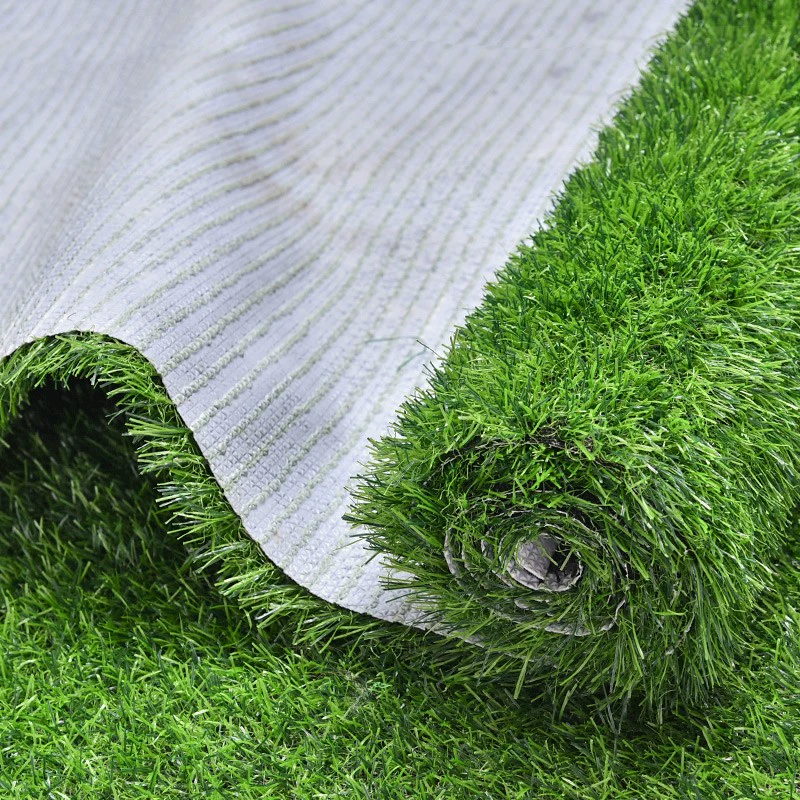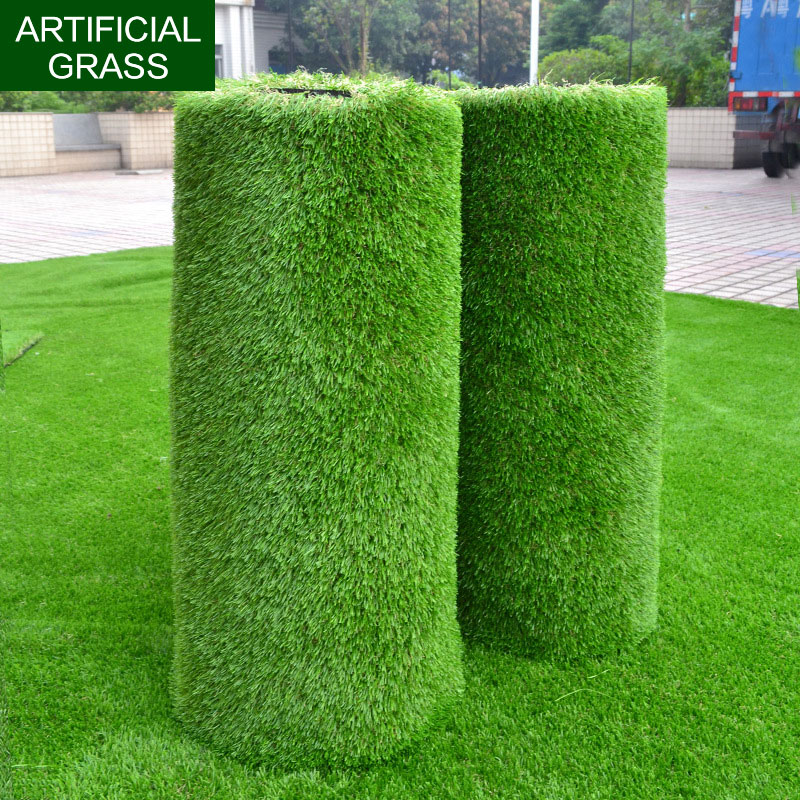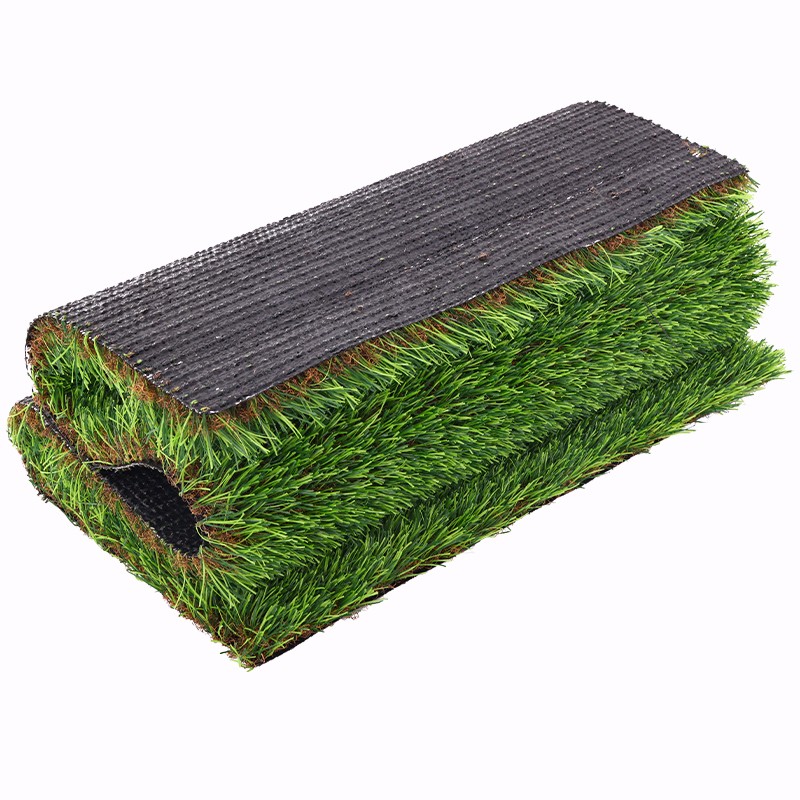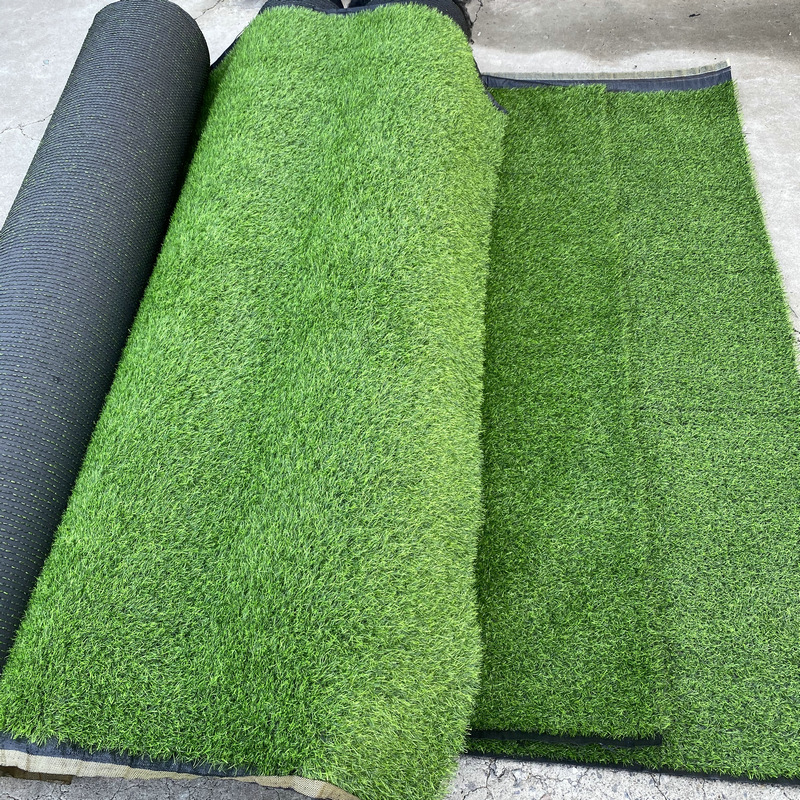
Artificial grass has become increasingly popular for American football fields, offering several advantages over natural grass. Here are some reasons why artificial grass is a good choice for American football fields:
Durability: Artificial grass is highly durable and can withstand the heavy wear and tear of football games. It can handle the constant pounding of cleats, tackles, and ball impacts without showing signs of wear or damage. Natural grass, on the other hand, can become worn and torn over time, requiring more frequent maintenance and repairs.
Year-round Playability: Artificial grass can be played on year-round, regardless of the weather conditions. It can withstand extreme heat, cold, and precipitation, allowing for consistent gameplay throughout the year. Natural grass, on the other hand, is susceptible to weather damage, especially during the winter months, when it can become unplayable due to freezing temperatures and snow.
Reduced Maintenance: Artificial grass requires minimal maintenance compared to natural grass. It does not require mowing, watering, or fertilization, saving time and resources. Natural grass, on the other hand, requires regular mowing, watering, fertilizing, and pest control, which can be time-consuming and expensive.
Reduced Injuries: Artificial grass provides a softer surface than natural grass, reducing the risk of injuries, especially lower body injuries. The impact of cleats and tackles is dispersed more evenly across the artificial grass surface, compared to natural grass, which can concentrate impact forces and cause injuries.
Uniform Playing Surface: Artificial grass provides a consistent and uniform playing surface throughout the field. There are no bare patches, uneven areas, or dips that can affect the game, unlike natural grass, which can become uneven and patchy over time.
Improved Drainage: Artificial grass has excellent drainage capabilities, allowing water to quickly drain away from the surface. This helps to prevent puddles from forming and allows the playing surface to dry more quickly, especially after rain or irrigation. Natural grass, on the other hand, can become waterlogged and muddy, affecting the game and safety of the players.
Allergie-Friendly: Artificial grass is an allergy-friendly surface, eliminating the pollen and grass allergens that can cause allergies and respiratory problems for players, coaches, and spectators. Natural grass, on the other hand, is a known source of pollen and other allergens.
Overall, artificial grass is a superior choice for American football fields due to its durability, year-round playability, reduced maintenance, reduced injury risk, uniform playing surface, improved drainage, and allergy-friendly properties. It provides a consistent and safe playing environment for players and spectators while minimizing the time and resources required for maintenance.










